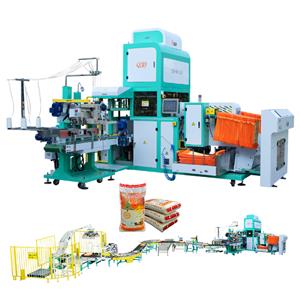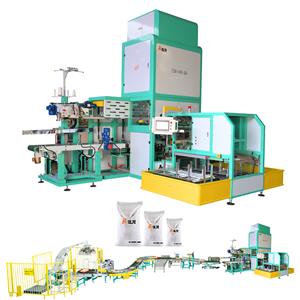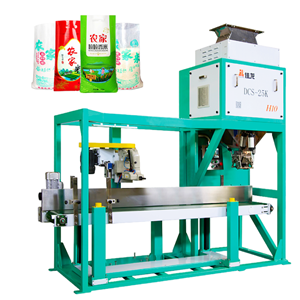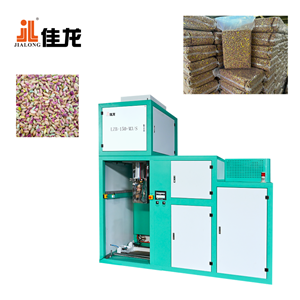A positive force in safeguarding world food security
Food security is an important guarantee for world peace and development, an important foundation for building a community with a shared future for mankind, and is related to the sustainable development and future of mankind.
Join hands to tackle global hunger.
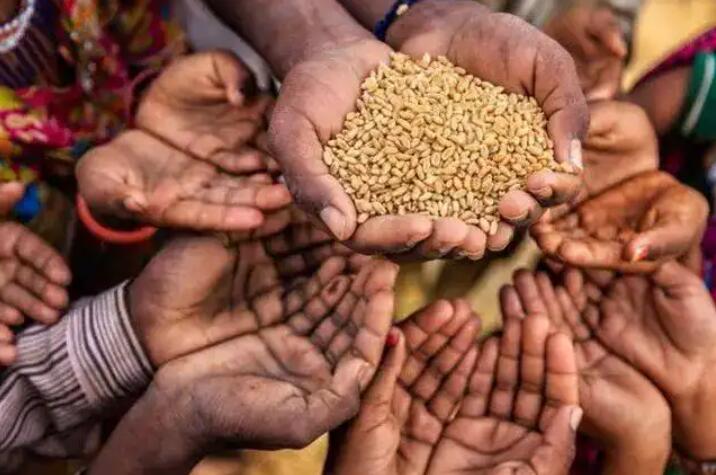
The epidemic situation in the century and the changes in the century have superimposed and resonated, the world economic recovery is unbalanced, the epidemic has swallowed up the achievements of global poverty reduction in the past 10 years, the total number of hungry people has reached about 800 million, and the situation of food security and other problems is grim. The epidemic has further affected the production and transportation of food, resulting in a sharp increase in the number of hungry people, and the United Nations 2030 agenda for sustainable development is facing severe challenges. According to the 2021 report on world food security and nutrition released by the food and Agriculture Organization of the United Nations, nearly one third of the world's population could not get enough food in 2020, and the number of people increased by 320 million in just one year.
David Bisley, executive director of the United Nations World Food Programme, said that factors such as the persistence of the epidemic, local conflicts and climate change have made food systems around the world more vulnerable. Bubecker Ben belhassan, director of the market and Trade Department of the FAO, believes that the epidemic will "have a lasting impact on global food security". According to the current situation, the world will not be able to achieve the goal of "zero hunger" by 2030. "Urgent and bold actions are needed, especially to solve the problem of unequal access to food".
ALIS chabana, executive secretary of the United Nations Economic and Social Commission for Asia and the Pacific, said that China's global development initiative to integrate food security into key areas of cooperation is conducive to accelerating the implementation of the United Nations 2030 agenda for sustainable development and is consistent with the United Nations vision of strengthening global cooperation and revitalizing multilateralism. Countries should share experiences and best practices, improve innovation capacity, combat land degradation and establish more sustainable food systems.
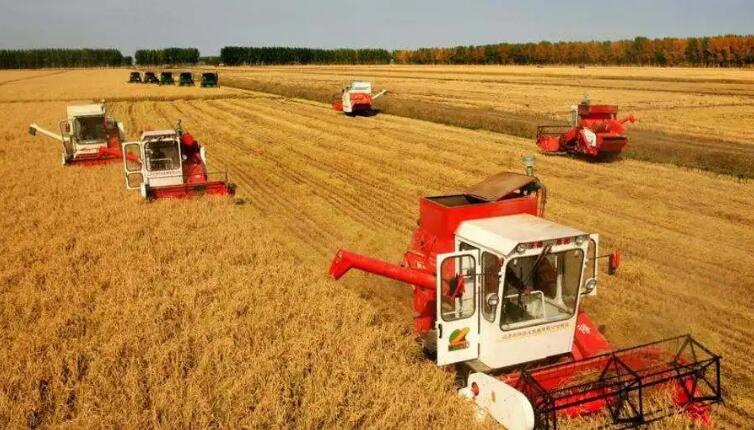
China attaches great importance to food and agricultural production, and has always regarded solving the problem of eating well as the top priority of governance. It has solved the problem of eating for more than 1.4 billion people with 9% of the world's cultivated land, and has realized the historic transformation from "not enough to eat" to "enough to eat", and then pursue "good to eat". In 2021, China's total grain output was 1365.7 billion kg, which remained above 1.3 trillion kg for seven consecutive years, reaching a record high. Such achievements are not easy under the prevention and control of the epidemic. Karibata, special envoy of the UN Food Summit, said: "China has managed its food stocks well, which has not only ensured the food supply of the Chinese people, but also contributed to the food security of the people of the world."
Actively carry out south south and tripartite cooperation
The development of all countries together is the real development, and the common prosperity of all countries is the real prosperity.
Over the years, China has invested in agriculture in countries and regions in need and promoted technologies and experience in grain production, processing, warehousing, logistics and trade. One belt, one road, is being built in China, and China and the countries along the border actively cooperate in the field of grain.
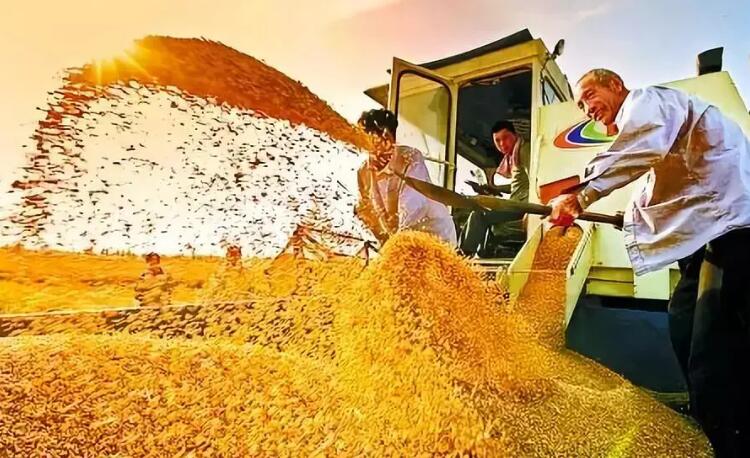
In 1979, China provided hybrid rice seeds to foreign countries for the first time. More than 40 years later, Chinese Hybrid Rice has been popularized in dozens of countries and regions in Asia, Africa and the Americas, with an annual planting area of 8 million hectares. Over the past 40 years, Chinese researchers have gone to India, Pakistan, Vietnam, Myanmar, Bangladesh and other countries to provide advice and consultation, and trained more than 14000 hybrid rice professionals for more than 80 developing countries through international training courses.
In Madagascar, after more than 10 years of promotion, the planting area of Chinese Hybrid Rice has become larger and larger, and the food shortage of local people has been greatly improved. The pattern of hybrid rice has been printed on the local paper money with the largest denomination. Local people believe that Madagascar is expected to achieve its multi-year development goal of restoring its status as an African rice exporter in the future.
In Pakistan, corn production can basically meet the demand, but soybeans are heavily dependent on imports. After learning from China's "corn soybean strip compound planting technology", the compound planting of soybeans in the existing corn planting area can not only reduce the amount of nitrogen fertilizer by using the characteristics of soybean nitrogen fixation, but also use corn to shade and cool soybeans. According to locals, such new technology is bringing "gratifying changes" to Pakistan's agricultural planting.
On the road of promoting common development, China has spared no effort to help other countries solve the urgent problem of food security. Since 2016, China has continuously provided emergency food aid to more than 50 countries in Asia, Africa and Latin America, benefiting tens of millions of disaster victims.
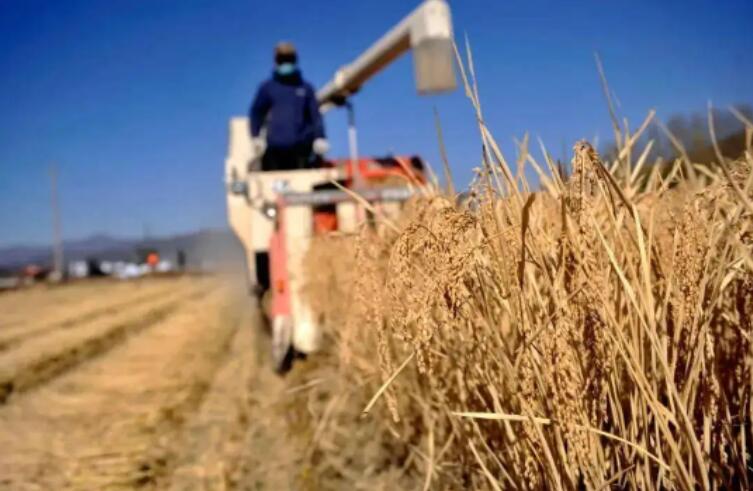
A few days ago, the signing ceremony of the completion certificate of China's food aid project to Uganda was held. The Karamoja region of Uganda has suffered from drought, and the food situation is very serious. Through the school feeding program of the United Nations World Food Programme, China has provided nutritious meals to more than 130000 Ugandan children and food aid to 70000 vulnerable family members. Megag, the representative of the United Nations World Food Programme in Uganda, said, "China's donation enables the world food programme to insist on providing food for school children when schools are closed, and encourage students to continue to go to school through the nutritious meal project."
Recently, the third phase of South South Cooperation Trust Fund has been officially launched. Qu Dongyu, director general of the food and Agriculture Organization of the United Nations, said that South South cooperation and tripartite cooperation are important solutions to the challenges of global hunger, malnutrition, poverty and inequality. China has always been an important strategic partner of FAO in South South cooperation. FAO deeply appreciates China's consistent contribution and will continue to strengthen partnerships, expand the prospects of South South and triangular cooperation, and accelerate the implementation of the UN 2030 agenda for sustainable development.
Share China's huge grain market opportunities
Adhering to the action orientation, China has earnestly fulfilled its commitments to join the world trade organization, continuously expanded the opening of the grain market and strengthened foreign cooperation, making important contributions to safeguarding world food security.
On the premise of ensuring national food security, China shares China's huge food market with major grain producing countries in the world. In the more than 20 years since its accession to the world trade organization, China has abolished non-tariff measures such as import quotas and licenses of relevant agricultural products, implemented import tariff quota management on wheat, corn and rice, and significantly reduced import tariffs on other grain varieties. The volume of grain imports has increased from 5% to 22% of the global share. In 2021, China imported about 165 million tons of grain, an increase of 18% year-on-year.
According to the data of Cambodian rice Union, in January this year, Cambodia exported 53000 tons of rice to 34 countries and regions, of which 31000 tons were exported to China, accounting for 59% of the total export. Hong Feng, vice president of Thailand Zhengda School of management and chairman of Siam think tank, believes that China is a large regional agricultural country. Strengthening agricultural cooperation with China can help Southeast Asian countries improve food production, ensure food supply and transportation and ensure food security.
At the 4th China International Import Expo held last year, Chinese grain enterprises signed large grain import orders with international grain enterprises such as ADM company, bangji company, Cargill company and Louis Dafu group, established closer exchanges and cooperation, maintained the stability of global grain supply chain and industrial chain, and made important contributions to ensuring world food security.
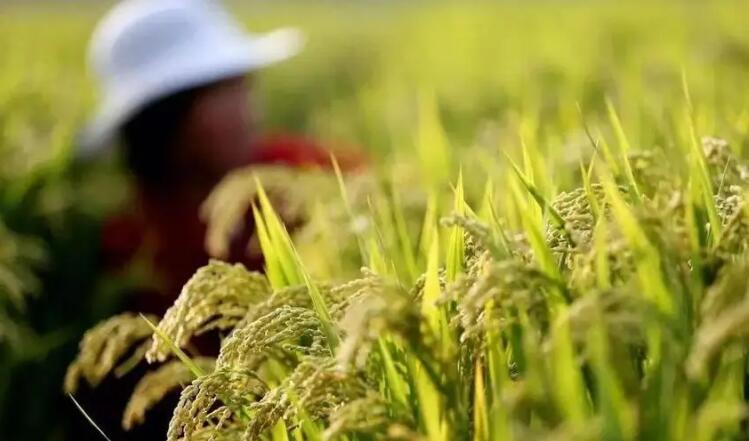
In August 2019, Sao Paulo state of Brazil established its first overseas investment and Trade Office in Shanghai, China. Gustavo rongkaila, director of the Investment Promotion Bureau of Sao Paulo state, said that understanding the economic and production prospects of China, a huge market, is very important for Brazilian companies engaged in agricultural trade. The agency is trying to help Sao Paulo entrepreneurs explore the Chinese market and promote the diversified and high-quality development of trade in agriculture and animal husbandry between the two countries.
China's food security is inseparable from the world, and the world's food security also needs China. China, which has created the miracle of food self-sufficiency, is actively participating in the governance of world food security. It will continue to unite and cooperate with other countries to implement the UN 2030 agenda for sustainable development and make new contributions to promoting the healthy development of the world food cause and safeguarding world food security

